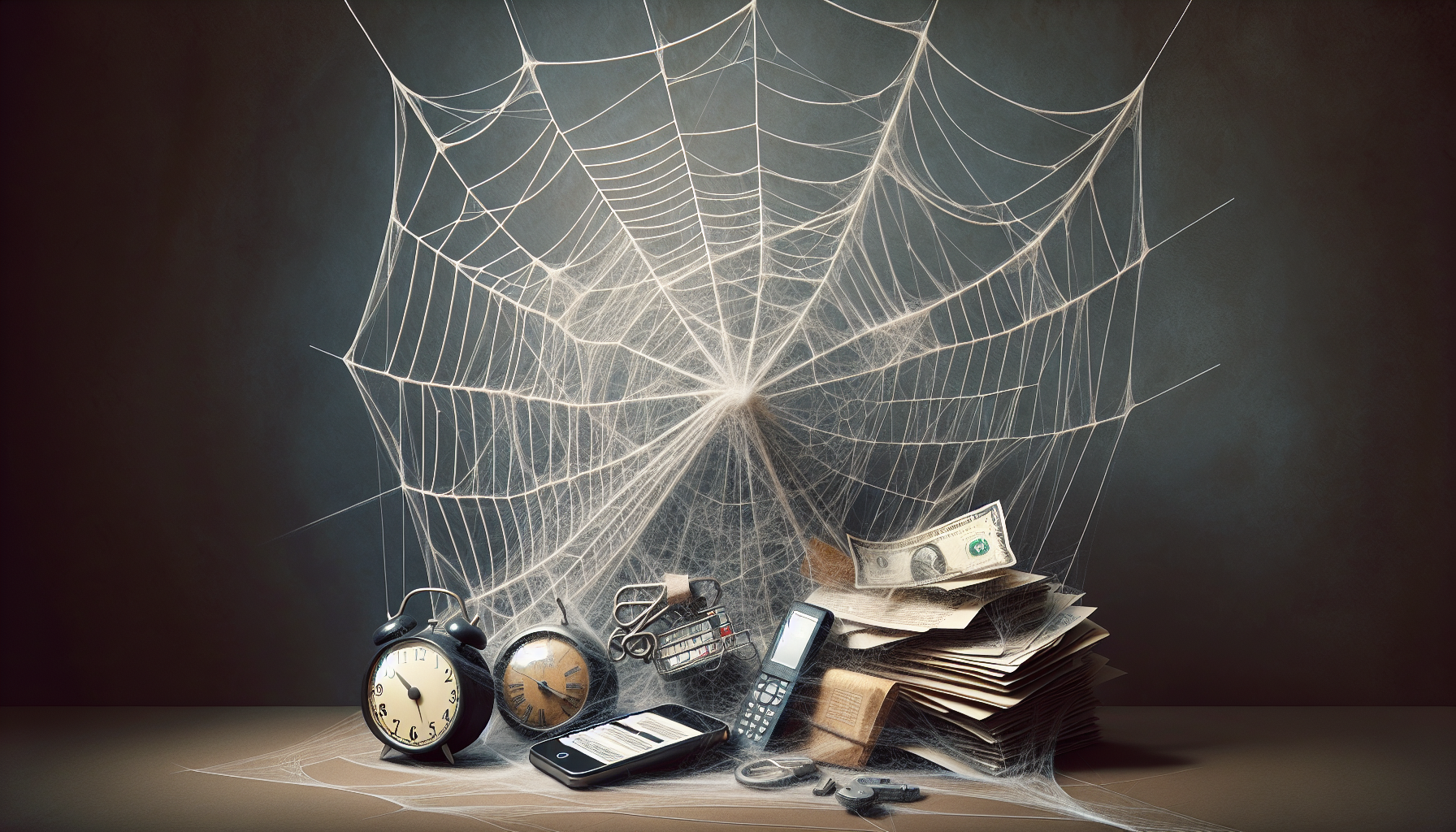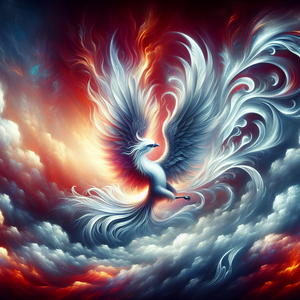Demi Moore and the Evolution of Beauty Standards

Beauty standards in Hollywood have often been dictated by youth and unattainable ideals, leaving many women feeling marginalized as they age. Demi Moore emerged in the 1980s and 1990s during a time when the industry was particularly unforgiving toward aging actresses. At the height of her fame, Moore was celebrated not only for her stunning looks but also for her talent and depth as an actress. She broke the mold of the traditional 'leading lady,' often portraying complex characters that resonated with audiences. One of the pivotal moments in Moore's career came with her role in 'Ghost' (1990), where she portrayed a grieving girlfriend. The film's success catapulted her into stardom, but it was her vulnerability in the role that showcased a new form of beauty—one that was rooted in emotional authenticity rather than mere physicality. This performance resonated with many and began to shift perceptions of what it meant to be beautiful. The iconic scene of her character, Sam, working with clay alongside Patrick Swayze's ghost became emblematic of a deeper emotional connection, highlighting that beauty can stem from love, loss, and human connection.
Challenging Ageism in Hollywood
As Moore aged, she faced the same pressures that many actresses encounter in Hollywood: the expectation to remain eternally youthful. However, instead of conforming to these narrow standards, Moore took a stand. In interviews and public appearances, she has openly discussed her struggles with aging, body image, and self-acceptance. This candidness has inspired many women to embrace their own journeys of aging, fostering a more inclusive dialogue about beauty that extends beyond youth. In 2019, during an appearance on 'The Ellen DeGeneres Show,' Moore discussed her experience with ageism and the societal pressures placed on women. She emphasized the importance of self-acceptance, stating, 'I think that it's so important to be able to embrace who we are and to value ourselves.' This perspective resonates with many who feel the weight of societal expectations, making Moore a powerful voice in the conversation about beauty standards. Her refusal to shy away from the realities of aging has prompted others to reflect on their own narratives and the often unrealistic standards set before them.
The Impact of Roles and Representation
Demi Moore's choice of roles has also played a significant part in redefining beauty standards. Films like 'A Few Good Men' (1992) and 'G.I. Jane' (1997) not only showcased her acting prowess but also presented strong, independent female characters who defied stereotypical portrayals of women in film. By embodying roles that were complex and multifaceted, Moore challenged the narrative that a woman's worth is solely based on her appearance. In 'G.I. Jane,' she portrayed a woman undergoing rigorous training in a male-dominated environment, becoming a symbol of female empowerment. The film sparked conversations about gender equality and the representation of women in the military, further cementing Moore's influence on beauty standards and societal perceptions of women. This role not only showcased her physical strength but also her emotional resilience, reinforcing the idea that beauty encompasses strength, intelligence, and courage. Moreover, Moore's willingness to take risks in her career, often choosing roles that challenged societal norms, has encouraged a new generation of actresses to pursue more diverse and impactful narratives. Her legacy is not just in the roles she played, but in the conversations she has sparked about what it means to be a woman in the entertainment industry.
Demi Moore's journey through Hollywood is not just a tale of personal success; it is a significant chapter in the ongoing narrative about beauty standards and the empowerment of women. By challenging ageism, embracing her vulnerabilities, and selecting roles that reflect the strength and complexity of women, Moore has redefined what it means to be beautiful. Her influence extends beyond the silver screen, encouraging countless individuals to embrace their authentic selves and redefine beauty on their own terms. As discussions around beauty continue to evolve, Demi Moore remains a vital figure in advocating for a more inclusive and diverse representation of women in the entertainment industry and beyond. Her legacy serves as a reminder that true beauty is not confined to youth or appearance; it is found in strength, resilience, and authenticity.
Cultural Critic
Online publications, cultural institutions, and academic journals
Core Responsibilities
Analyze and critique media representations, including film, television, and literature, to assess their impact on societal norms and values.
Write articles and essays that explore themes of identity, gender, and beauty standards in popular culture.
Required Skills
Strong writing and analytical skills, with a focus on cultural studies or media theory.
Familiarity with contemporary and historical cultural trends, particularly regarding gender and beauty.
Diversity and Inclusion Consultant
Film studios, television networks, and non-profits focused on media representation
Core Responsibilities
Advise organizations in the entertainment industry on best practices for promoting diversity and inclusion in casting, hiring, and storytelling.
Develop training programs to educate staff about unconscious bias and the importance of diverse representation in media.
Required Skills
Experience in human resources or organizational development, with a focus on diversity initiatives.
Strong communication and facilitation skills, with the ability to engage diverse groups.
Film and Television Producer
Production companies, streaming services, and independent film studios
Core Responsibilities
Oversee the production of film and television projects, from development through to post-production, ensuring that the narrative aligns with contemporary societal issues, including ageism and representation.
Manage budgets, schedules, and team dynamics, fostering an inclusive environment for creative talent.
Required Skills
Proven experience in project management, particularly within the entertainment industry.
Strong networking skills and a deep understanding of the production landscape.
Social Media Strategist
Media companies, non-profits, and marketing agencies
Core Responsibilities
Develop and execute social media campaigns that promote content related to changing beauty standards and women's empowerment.
Analyze engagement metrics and audience insights to refine messaging and increase impact.
Required Skills
Proficiency in social media platforms and analytics tools, with a creative approach to content creation.
Understanding of current trends in feminism and cultural criticism to effectively engage target audiences.
Screenwriter
Film studios, streaming platforms, and independent production houses
Core Responsibilities
Write original scripts and adapt existing works to reflect diverse narratives and complex female characters that challenge traditional beauty standards.
Collaborate with directors and producers to develop stories that resonate with contemporary audiences.
Required Skills
Strong storytelling ability, with a focus on character development and emotional authenticity.
Experience in navigating the film industry's landscape, including pitching and networking.


